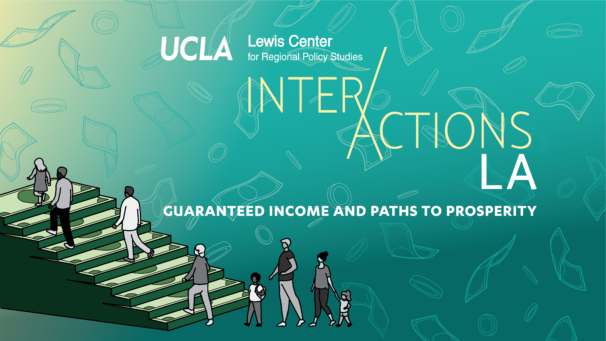
Economic relief to individuals is playing a major role in helping people in L.A. make ends meet during the COVID-19 pandemic. Expanded unemployment payments and sporadic federal relief checks provided cash to people struggling to make rent and buy food. These pandemic-related cash supports are drawing attention to the role that guaranteed income programs can play in helping individuals get out of poverty. A growing number of places in California, across the country, and the world are piloting programs and approaches to get money to the people who need it most. From Black and Pacific Islander mothers, to low-income older adults, to citywide programs in Stockton and Compton, guaranteed and universal basic income programs are gaining traction. Each program is demonstrating this concept on different populations and outcomes In South Korea, basic income recipients were restricted to spending their dollars only in their local neighborhood. In San Francisco, the program seeks to improve maternal and child outcomes by providing cash support before the child is even born. All of these programs try to address deep economic concerns that low- and middle-income households face in high-cost regions.
How can these local issues be addressed through a federal program that potentially provides cash support? What have cities learned about their role in providing cash relief through these pilots and pandemic relief? If a federal basic income program existed, what would be the role that local and state governments could play? This spring, InterActions LA will bring together the latest thinking and action on the opportunities and applications around moving towards a guaranteed income for people who could benefit in the Los Angeles region.
For up-to-date information on speakers and agenda, visit bit.ly/interactionsla21.


